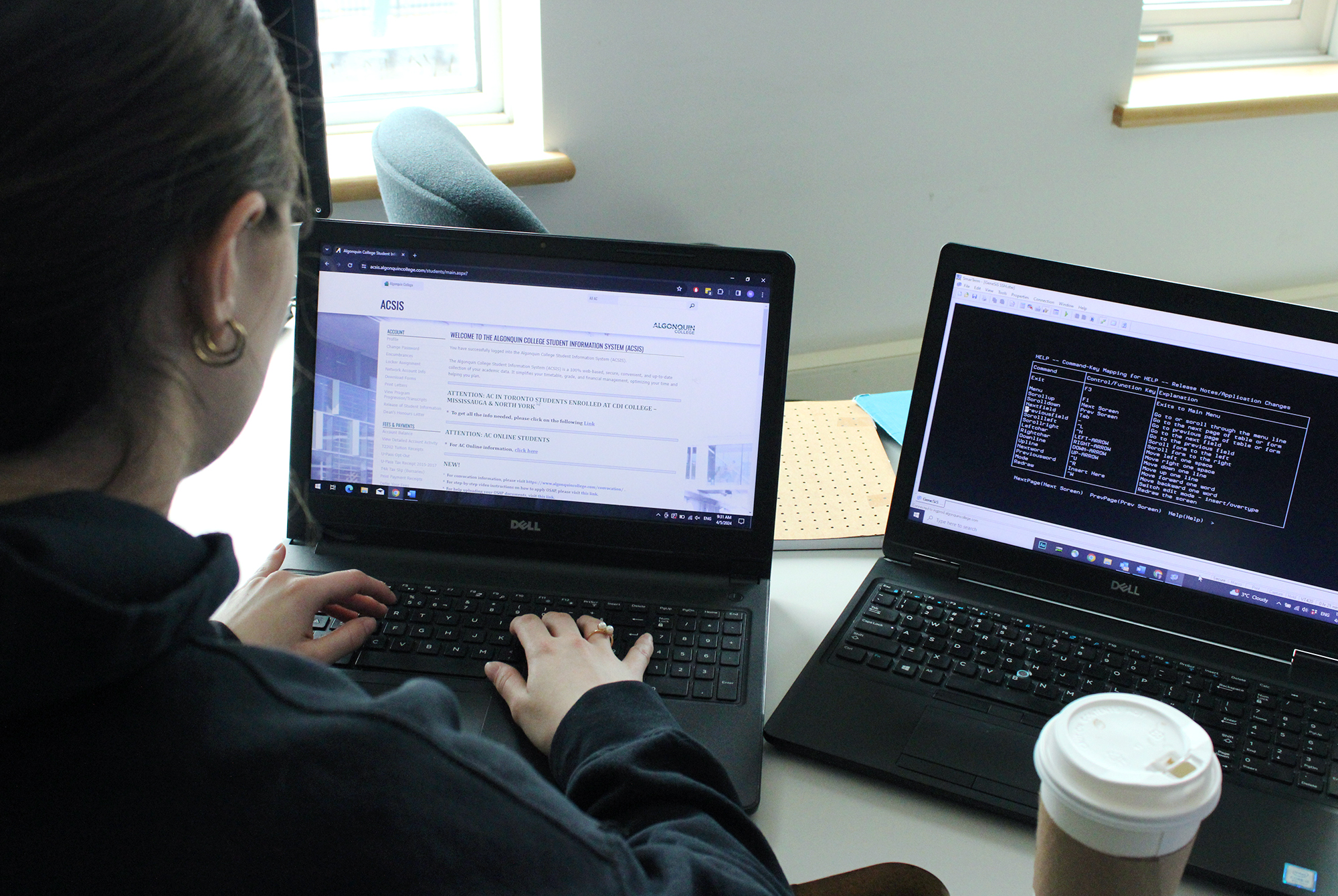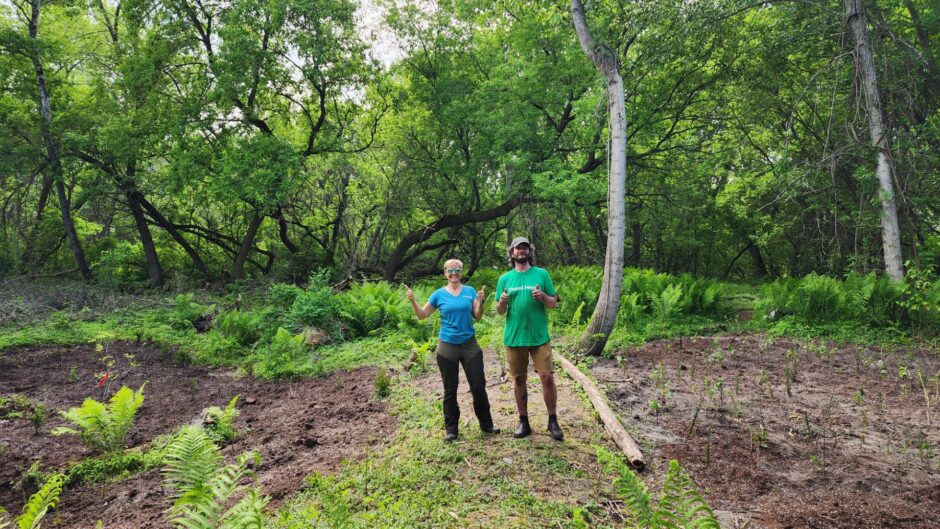Massive project transforming college’s student systems by 2026 expected to cost up to $71M

A project costing up to $71 million and aiming to revolutionize Algonquin College’s student information systems will be completed in 2026, according to Lois Pollock, one of the R3 Project’s business leads.
“In May 2023, the budget range for this multi-year project for fiscal years 2019-2020 to 2025-2026 was adjusted to reflect a total projected spend of $65 million to $71 million,” said Pollock during a budget update at a Board of Governors meeting on Feb. 26.
The current student information system for the college, GeneSIS, was developed decades ago, using a programming language that was common from the 1970s to the 1990s. It serves as a database on all students across the college and is used by faculty.
GeneSIS interacts with ACSIS, which is a website that integrates the college’s existing data systems, allowing students to access information and resources, such as their timetables, tuition fees and elective classes.
Kenny Ratcliffe, a student in the computer engineering technology program, said he’s thought about the ACSIS’s shortcomings for some time and is excited about the prospect of a new system.
“In my opinion, ACSIS is a poor piece of software,” said Ratcliffe. “It’s really showing its age, I think. I think a redesign of the software and a new implementation of it would be very good.”
The R3 Project is currently on its second of five phases and will replace GeneSIS and ACSIS with the Thesis Student Management System.
Alain Paradis, coordinator of the graphic design program, said his main hope for the new Thesis system is that it will streamline and automate managing off-cycle students — students who, for any reason, did not complete a class at the program’s expected time.
“I’m looking forward to seeing it,” said Paradis. “Because right now, at the end of the semester, and at the start of the new semester, there’s a ton of work to go look at all the students who didn’t pass a course for any reason, or didn’t complete a course, and keep track. They automatically get registered. Someone has to manually manage these students.”

Paradis keeps spreadsheets individually designed for each off-cycle student, in order to make sure an email is sent to the registrar’s office so those students are in the right classes and not automatically enrolled in the next class for that course.
“At the end of every semester, we have to say, okay, these students didn’t pass, and send an email to the registrar saying, ‘don’t register them in part two of that course, because they didn’t pass part one’,” said Paradis. “Hopefully, it’ll just be easier to manage that. There won’t be so much emailing back and forth between students and the faculty or the coordinators and the registrar’s office.”
Krista Pearson, the R3 Project executive business lead, provided the Algonquin Times with a statement about student and faculty involvement in the new system’s development.
“Student feedback on the Student Portal has been an important part of the project for years,” said Pearson. “From the beginning of the project, there have been co-operative education student placements, which provides regular opportunities for students to access and understand the project while also contributing to the project outcomes and providing real-time feedback.”
“In preparation for future stages, as a part of the current project, there was an extensive learner-focused research effort in winter 2023 involving the human-centred design graduate certificate program,” she added.
The Thesis student portal will allow students to access information and complete tasks similar to ACSIS. It will not require a daily shutdown period as the current portal does, and in some cases, there will be close to real-time information exchange between systems, meaning that students will have more timely updates and access, according to Pearson.
Paradis says he is hopeful that with the implementation of this new system, faculty members and coordinators will have more time to dispense with other responsibilities, and that students will have more agency.
“A new software is overdue,” said Paradis. “A computer should be doing this. Because I can make a mistake too. Imagine how much time all the coordinators across the college are taking to manage this, and how many mistakes are falling through the cracks.”








